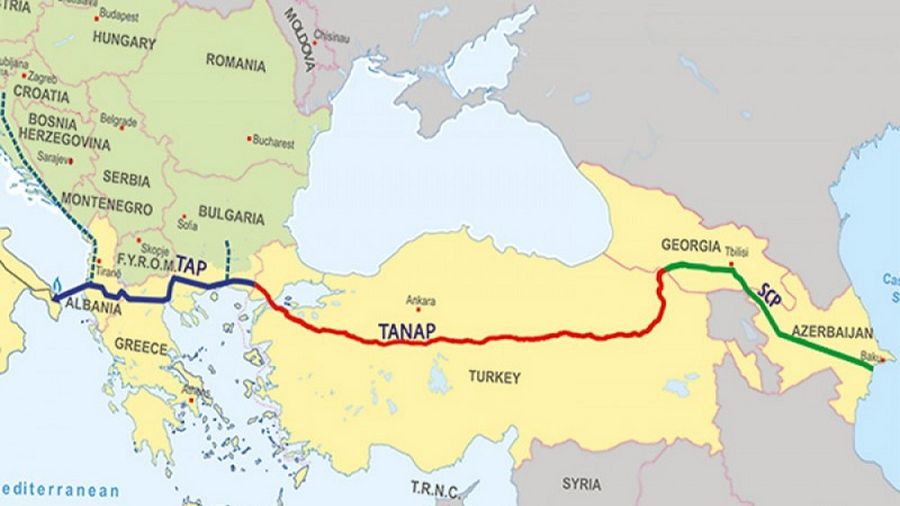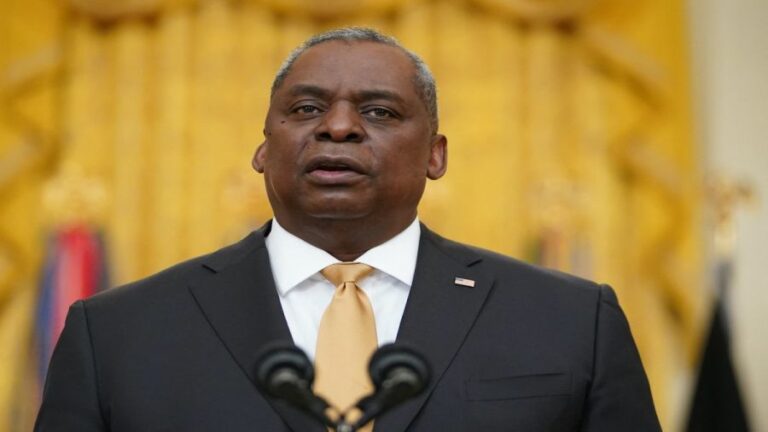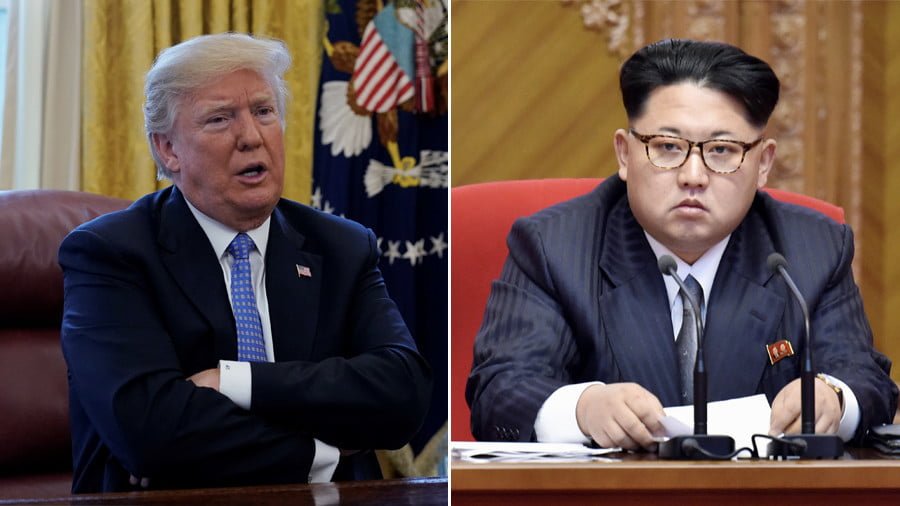TANAP’s Increasingly Strategic Role Can Relieve Western Pressure On Azerbaijan & Turkey
Continued financial, informational, and political destabilizations of those two states aren’t in the West’s interests anymore since that could impede the flow of resources to the bloc in the worst-case scenario that Azerbaijan and Turkey consider this option as an asymmetrical response to these unprovoked Hybrid Warfare campaigns against them.
The Trans-Anatolian Natural Gas Pipeline (TANAP) will become increasingly important for the EU as an alternative source of imports as the bloc plans to completely cut off its top Russian supplier in the coming future. While some have discussed the role that Africa could play in this respect, the most immediate alternative is the pipeline mentioned in the preceding sentence. Its Azerbaijani supplier plans to boost exports by 30% before the end of the year, which will imbue it and its allied Turkish transit state with increasing strategic importance that could in turn be leveraged to relieve the Western pressure that’s recently been placed upon them both.
Baku came under Western criticism after its victory over Armenia in 2020’s Karabakh Conflict that followed the pressure it experienced in the years prior over its national model of democracy that Europeans claimed was becoming “authoritarian”. Ankara was also targeted by similar such political accusations but has also been fending off a hybrid financial attack against it by Washington that’s been launched as punishment for its independent foreign policy. Both states refusal to unilaterally concede on issues of objective national interest simply to please their Western partners, hence why they’ve been misportrayed as “rogue” in recent years.
That trend might be about to change as TANAP becomes increasingly important for the EU’s energy security. Continued financial, informational, and political destabilizations of those two states aren’t in the West’s interests anymore since that could impede the flow of resources to the bloc in the worst-case scenario that they consider this option as an asymmetrical response to these unprovoked Hybrid Warfare campaigns. The global systemic transition to multipolarity is irreversible no matter how desperately the US-led West tries to slow down the pace of this paradigm-changing geostrategic transformation across the world. Eventually, they’ll have to accept Azerbaijan’s, Turkey’s, and other close partners’ strengthened strategic autonomy.
Doing otherwise would be counterproductive since this civilization is ready to enter into a relationship of complex mutual interdependence with the Turkish one and other Global South civilizations in pursuit of its newfound energy security needs. This means that just like those suppliers will become dependent on the EU for more budgetary revenue from their exports, so too will the importers become dependent on their partners for reliable supplies across the coming future. It would therefore be mutually disadvantageous to continue their Hybrid Wars against them, which suggests that pressure upon TANAP’s Azerbaijan and Turkish pillars might eventually be reduced.
That outcome would actually accelerate preexisting multipolar process that work out to the objective interests of all sides and those stakeholders in their stability, including Russia, curiously enough. While many in the West are inclined to project their zero-sum perspectives onto that Eurasian Great Power, it actually makes regional matters easier for Moscow to manage if its Azerbaijani and Turkish partners aren’t being destabilized by US-led Western Hybrid Wars. Russia would certainly have to step up its game to make itself more appealing as a partner in the face of friendly/gentle/non-hostile competition from the West, but that would only further stabilize their shared region and thus be to everyone’s gain.
As for the Kremlin’s lost budgetary revenue from the West, it’s already actively diversifying its energy partners by focusing on exports to growing Global South economies like India’s. Neither the EU nor Russia will emerge from the forced US-provoked “decoupling” of their complex mutual interdependence unscathed, but Moscow is in a much better position to weather this storm than Brussels is. The EU’s partial replacement of Russia with Azerbaijan – and thus by default, its allied TANAP Turkish transit state – could help stabilize the situation in that part of Eurasia by resulting in a reduction of the US-led West’s Hybrid War pressure upon them, which inadvertently also serves Russia’s strategic interests too.
With this prediction in mind, it can be said that such an outcome suggests yet another unintended consequence to emerge from Russia’s ongoing special military operation in Ukraine and the US-led West’s unprecedented response to it. That just goes to show that Washington didn’t fully game out all the scenarios to unfold from its plot to provoke Moscow into militarily intervening in Ukraine to uphold the integrity of its national security red lines like it was ultimately forced to do following the West’s refusal to respect its security guarantee requests. More such outcomes are to be expected in the future, all of which should be analyzed in the context of the global systemic transition to multipolarity.







